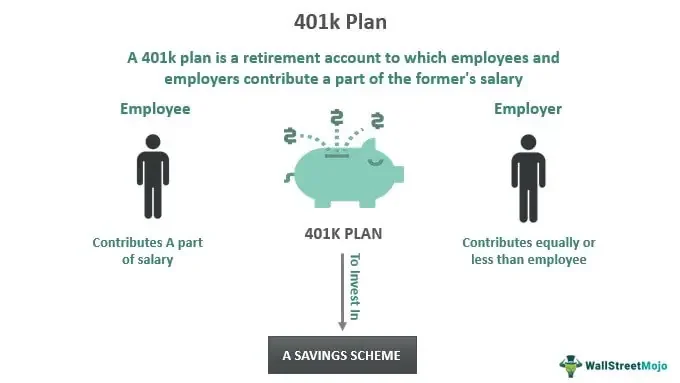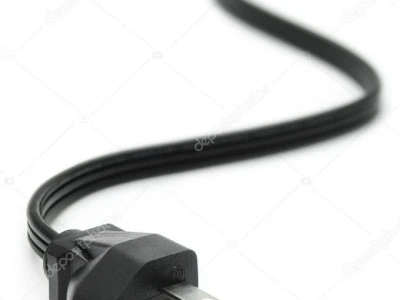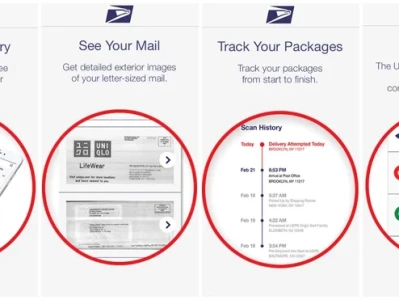Let’s get one thing straight. The government doesn’t care about your retirement. Not really.
They care about their balance sheet. They care about the terrifying, ever-expanding black hole of debt that’s currently sitting at a cool $37 trillion. And when a beast that big gets hungry, it starts looking for a snack. Guess who’s on the menu? Anyone who was foolish enough to follow the rules, work hard, and actually try to save for their own future.
Starting in 2026, there’s a new tripwire buried in the tax code, courtesy of the SECURE 2.0 Act. If you’re over 50 and had the audacity to earn more than $145,000 from your job in the previous year, your ability to make "catch-up" contributions to your 401(k) is about to get a painful makeover. That extra $7,500 you were socking away pre-tax to lower your current tax bill? Gone. Kaput.
Instead, you’ll be forced to make those contributions to a Roth 401(k), meaning you pay the taxes now. The government gets its money upfront, and you lose a tax deduction that, depending on where you live, is worth somewhere between $2,775 and $4,000 a year. It’s a bad deal. No, ‘bad’ doesn’t cover it—this is a five-alarm dumpster fire for anyone in their peak earning years trying to play catch-up.
The Government's Magic Money Trick
This whole maneuver is a masterclass in political sleight of hand. They sell it as "reform" or "security," but it's nothing more than a cash grab, pure and simple. They’re changing the rules of a marathon at mile 25. For decades, the deal was clear: defer taxes now, pay them later in retirement when you’re presumably in a lower tax bracket. It was a core pillar of retirement planning. Now, for a specific group of people, they’ve just dynamited that pillar because they’re desperate for cash today.
Think about it. By forcing these contributions into a Roth, the Treasury gets to collect tax revenue immediately instead of waiting 10, 15, or 20 years. It’s a short-term budget gimmick that helps them paper over the gaping wound of the national debt for another fiscal year. They’re essentially pulling future tax revenue into the present, leaving a hole down the road. But hey, that's a problem for a future politician, right?
The most insidious part of this whole scheme is the fine print. What if your employer’s 401(k) plan doesn’t even offer a Roth option? Well, then you’re just screwed. You don't get to make any catch-up contributions at all. You are completely barred from saving that extra money. This isn't just changing the rules; its a clear signal that they’re willing to actively penalize savers to meet their own short-sighted financial goals.
So let me ask you: Does this sound like a policy designed to help Americans secure their retirement? Or does it sound like a government shaking down the very people who did everything right?

"Just a Minor Issue," They Say
When this topic comes up, you inevitably hear the dismissive retort: "Oh, this only affects a tiny sliver of high-earners." I saw the comments on an article about it, If you’re 50 and older, you might be about to lose a big tax break. Someone pointed out it’s only about 4.5% of Americans. And honestly, that argument misses the entire point. It's the kind of logic that says it’s okay to pick someone’s pocket as long as they have a nice wallet.
The principle is what matters. The government made a promise, people built their entire financial lives around that promise, and now, in the home stretch, the government is breaking it. The people getting hit by this are not all fat cats lighting cigars with hundred-dollar bills. They’re often dual-income families, doctors, engineers, or small business owners in high-cost-of-living areas who are in their 50s and 60s, finally hitting their stride and trying to aggressively save after decades of paying off student loans, raising kids, and funding college tuitions. This is their window to make up for lost time, and the government just slammed it shut on their fingers.
I can just picture it: a 58-year-old project manager in San Jose, sitting under the soul-crushing hum of fluorescent office lights, looking at her first paystub of 2026. She sees that her take-home pay has dropped, not because of a market crash or a bad decision, but because a committee in Washington D.C. decided her retirement savings were a piggy bank they needed to raid right now.
This ain't some abstract economic theory. It’s a direct hit to the financial plans of real people. And for what? So Congress can avoid making a single difficult decision about spending? Give me a break.
The Shell Game Never Ends
This isn't happening in a vacuum. It’s part of a broader pattern of constant tinkering and manipulation. They raise the Required Minimum Distribution (RMD) age to 75, which sounds great on the surface. "Look! We're letting you keep your money in your retirement accounts longer!" But it's all part of the same shell game. They give with one hand while yanking your wallet with the other.
This constant shifting of the goalposts creates a chilling effect. Why would anyone trust the system long-term? The implicit contract between the citizen and the government is that the rules, especially for something as long-term as retirement, should be stable. Instead, we’re learning that the rules are whatever is convenient for the Treasury Department this quarter. They expect us to plan for a 30-year retirement on a foundation of quicksand, and honestly…
Then again, maybe I'm the crazy one. The national debt is an existential threat, and maybe nickel-and-diming the upper-middle class is the least painful way to start addressing it. Maybe it’s a necessary evil. But it feels like a profound betrayal of the American promise: that if you work hard, play by the rules, and plan for the future, you'll be able to build a secure life for yourself. Now, it seems, you also have to hope you don't become a convenient line item in the next federal budget.
So We're Just the Piggy Bank Now?
Let's call this what it is: a tax hike disguised as a retirement reform, targeted at people who are too busy working to fight back effectively. It's a fundamental breach of trust. The government has stopped viewing responsible, high-earning savers as citizens building a future and now sees them as a convenient ATM for its own fiscal irresponsibility. The message is loud and clear: your long-term plan is subordinate to their short-term needs. And if you don't like it, too bad. They already passed the law.

